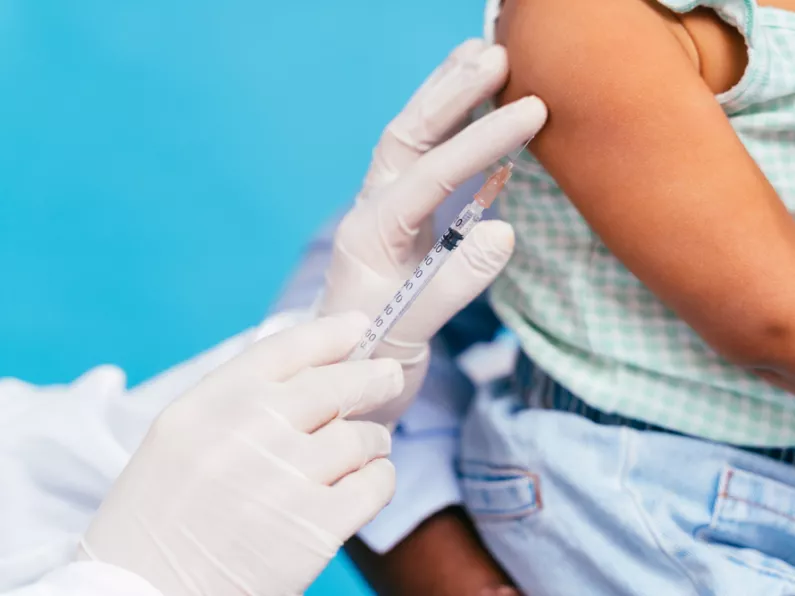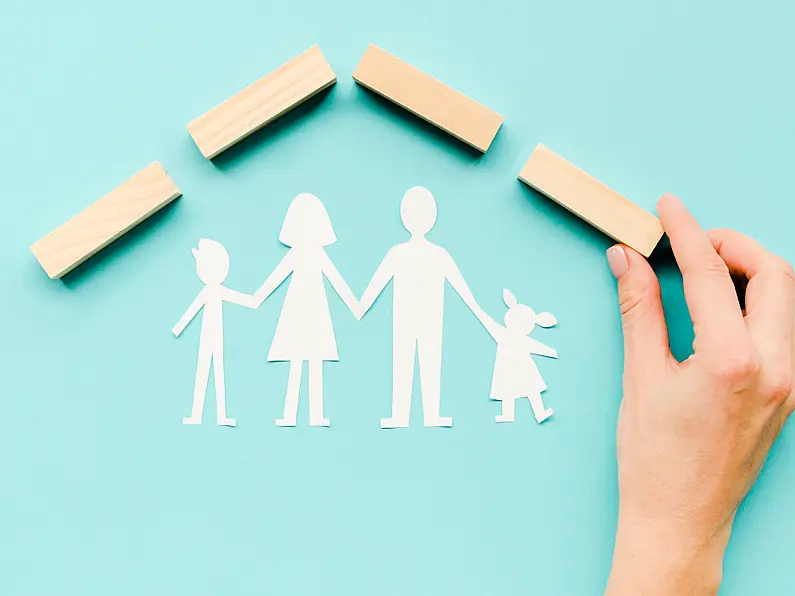Childhood vaccinations: what, when and why? This might not be the most pleasant topic for you for more reasons than one.
There may be concerns about upsetting your child or about side effects, but we do need to discuss it.
That V word often called the stick or the needle. Yes, vaccinations, we must talk about them.
As we finally come out of the COVID-19 pandemic, it seems we’ve been left with a pandemic of MISSED childhood vaccinations.
The United Nations Children’s Fund (UNICEF) recently reported that there has been a significant, sustained fall in childhood immunizations, and their latest statistics show that there have been at least 67 million missed vaccinations during the COVID-19 pandemic.
This, of course, is brewing concerns for potential large disease outbreaks, so there is now a worldwide drive for catch-up vaccination.
Childhood vaccinations: What, when and why?
Now let’s first look at the facts. What are vaccinations?
A vaccination introduces a small amount of a pathogen (bacteria or virus) to the body.
The pathogen has been made safe by killing or weakening it, and sometimes just parts of it are used.
The body then learns to recognize and fight this pathogen and can quickly respond the next time you encounter it, so you don’t fall ill.
Routine childhood vaccination was first introduced in the early 1950's when just four vaccinations were available, and it’s safe to say that their implementation has led to the near or complete eradication of many deadly diseases.
As of 2020, routine vaccination against the following diseases was recommended for all children by the Centers for Disease Control and Prevention (CDC).
- Hepatitis B (HepB),
- Diphtheria, Pertussis and Tetanus (DPT),
- Polio (OPV / IPV)
- Haemophilus Influenza B (HiB)
- Measles, Mumps and Rubella (MMR)
- Varicella (Chickenpox)
- Hepatitis A (HepA)
- Pneumococcal illness
- Influenza
- Rotavirus
- COVID-19.
Your paediatrician can help
This, of course, is not an exhaustive list of all available vaccines, and each country’s government-mandated schedule may vary slightly from this.
So be sure to check with your paediatrician about what’s required where you live.
The timing of the schedule also varies between countries.
However, you can find the CDC recommendation here, and talk with your paediatrician to be sure you’re on track with the schedule for your country.
The benefits of vaccines
The benefits of vaccines are many.
- They provide excellent protection against acute illnesses that cause fever and rash, vomiting and diarrhoea, and more, some of which can be life-threatening.
- In the long term, tuberculosis, liver cancer, and cervical cancer are just a few of the diseases vaccines can help to prevent.
- There are also benefits to the family, as healthy children have a reduced need to access healthcare services. This provides financial savings and a reduction of stress for the family.
- For the community, well-vaccinated families help to slow the spread of pathogens. This is very important in helping to protect those who can’t be vaccinated.
- Finally, global benefits are also achieved. When communities are healthy, there is a reduction in the burden of childhood illness and death and of adult chronic illnesses.
As we close, I know there are still some unanswered questions about vaccines, particularly their side effects, and we’ll talk about these in days to come.
In the meantime, book an appointment with your paediatrician, who can help you with these questions.
We’d love to see you, we have a lot of catching up to do!







